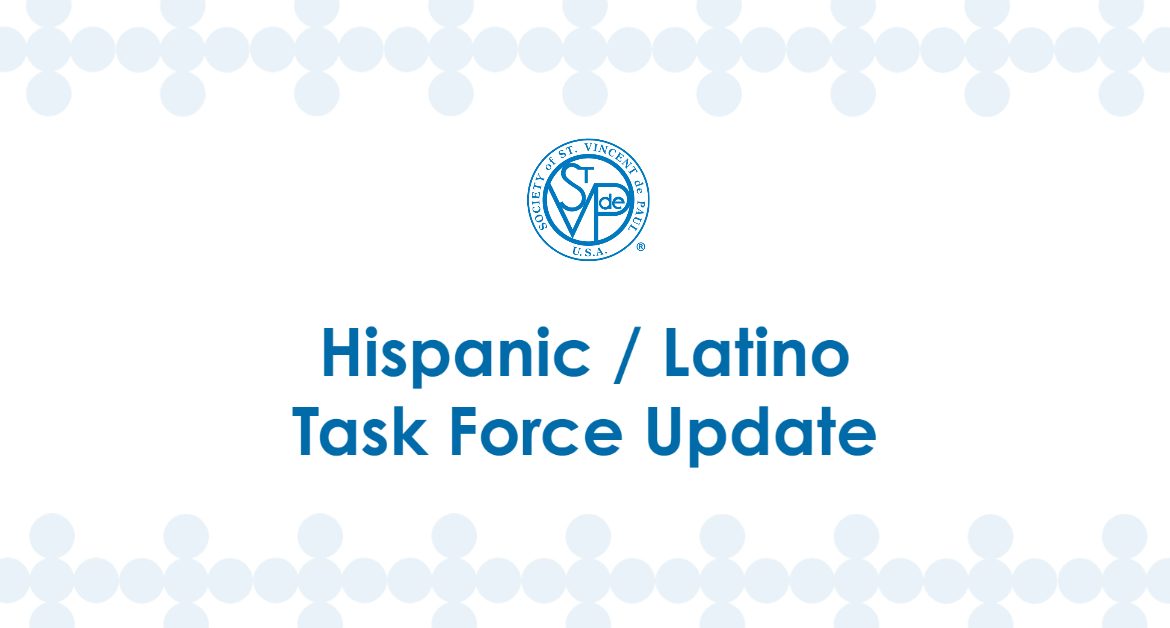Q: One of our Conferences organizes a group of volunteers, some Vincentians and some not, to cook an evening meal once a month. Another Conference undertakes a “Christmas Giving Program” at its church, whereby parishioners take a tag to donate a gift. The gifts are returned and the Conference delivers the gifts to a community agency, who will distribute them to the needy. There is no Vincentian visit with the ultimate recipients. How are these reported on the Conference annual reports?
A: These can be considered Vincentian activities, but only the hours of the members should be recorded. If funds of the Conference are used to buy food or gifts, then the expenditures can be recorded also.
Q: Under the “Total Hours of Service: Members,” would you please clarify the instructions for including the time members spend attending meetings?
A: All meetings attended by members in their capacity as Vincentians should be counted as service hours, with no distinction of the type of meeting attended.
En Español
P: Una de nuestras Conferencias organiza un grupo de voluntarios, algunos Vicentinos y otros no, para preparar una cena una vez al mes. Otra Conferencia lleva a cabo un “Programa de Donaciones de Navidad” en su iglesia, en el que los feligreses se llevan una tarjeta para donar un regalo. Los regalos se recogen y la Conferencia entrega los regalos a una agencia comunitaria que los distribuirá a las personas en necesidad. No hay una visita Vicentina con los destinatarios finales. ¿Cómo se incluyen estos informes en los informes anuales de la Conferencia?
R: Estas pueden considerarse actividades Vicentinas, pero solo se deben registrar las horas trabajadas por los miembros. Si fondos de la Conferencia se utilizan para comprar alimentos o regalos, también se pueden registrar en los gastos.
P: En la sección “Total de horas de servicio: miembros”, ¿podría aclarar las instrucciones en las que se indica que se debe incluir el tiempo que los miembros dedican al asistir a las reuniones?
R: Todas las reuniones a las que asistan los miembros en su calidad de Vicentinos deben contarse como horas de servicio sin distinción del tipo de reunión a la que asistan.


